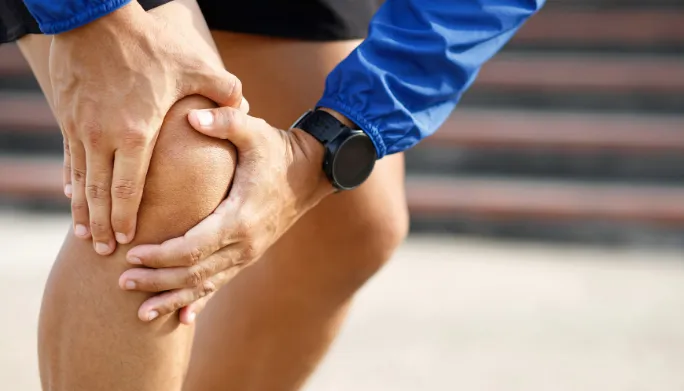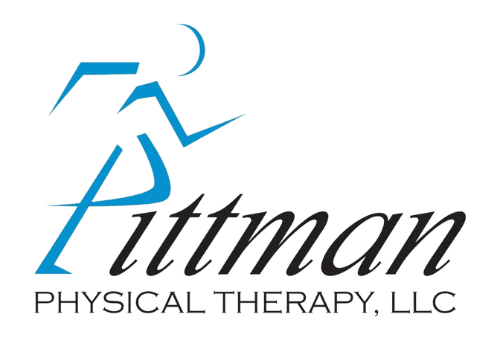Knee Pain in Collierville, Germantown, & Hernando

Effective Knee Pain Treatment at Pittman PT in Collierville, Germantown, & Hernando
Are you struggling with persistent knee pain that’s holding you back from enjoying life to the fullest? At Pittman PT, our team of experienced physical therapists and chiropractors in Collierville is dedicated to helping you find relief and regain mobility. Whether your knee pain stems from an injury, overuse, or a degenerative condition like osteoarthritis, we’re here to provide the personalized care you need to get back on your feet.
Understanding Knee Pain
Knee pain is a common complaint that can affect people of all ages and backgrounds. This discomfort or aching in the knee joint can make everyday activities like walking, climbing stairs, and kneeling a challenge. Some of the most common causes of knee pain include:
- Injuries, such as ligament tears, meniscus tears, or fractures
- Overuse from repetitive motions or excessive strain
- Degenerative conditions, such as osteoarthritis or rheumatoid arthritis
- Misalignment or imbalances in the surrounding joints and muscles
At Pittman PT, we understand the impact knee pain can have on your quality of life. That’s why we take a comprehensive approach to treatment, combining the expertise of our physical therapists and chiropractors to address the root cause of your pain and promote long-term healing.
The Benefits of Physical Therapy for Knee Pain
Our skilled physical therapists work closely with you to develop a personalized treatment plan that targets your specific needs and goals. Through evidence-based techniques and a caring, hands-on approach, we help you:
- Improve flexibility and range of motion: Targeted stretches and exercises can increase flexibility and range of motion in the knee, reducing stiffness and pain. Our therapists guide you through these movements, ensuring proper form and gradually increasing intensity as your knee health improves.
- Strengthen surrounding muscles: Strong muscles in the legs, hips, and core are essential for supporting and stabilizing the knee joint. We design an exercise program tailored to your needs, focusing on building strength in key muscle groups to reduce stress and strain on your knees.
- Manage pain effectively: Our physical therapists use a variety of techniques, such as massage, joint mobilization, and modalities like heat/cold therapy, to alleviate pain and improve joint function. We also teach you self-management strategies to help you control pain and maintain progress between sessions.
FAQ
- How do you treat knee pain? At Pittman PT, we take a multi-faceted approach to treating knee pain, combining the expertise of our physical therapists and chiropractors. Treatment may include targeted exercises, stretches, manual therapy techniques, modalities like heat/cold therapy, and chiropractic adjustments. Our team works with you to develop a personalized plan based on your specific needs and goals.
- How do I know if my knee pain is serious? While some knee pain can be managed at home with rest, ice, and over-the-counter pain relievers, certain signs may indicate a more serious issue. These include severe pain, significant swelling, inability to bear weight, visible deformity, or pain that persists for several weeks. If you experience any of these symptoms, it’s important to consult with a healthcare professional for an accurate diagnosis and appropriate treatment.
- What shouldn’t I do when my knee hurts? When dealing with knee pain, it’s important to avoid activities that put excessive stress on the joint or exacerbate your symptoms. This may include high-impact exercises like running or jumping, deep squatting, or spending prolonged periods in positions that cause pain. It’s also essential to listen to your body and not push through severe pain, as this can worsen the underlying issue.
- What can cause knee pain without injury? While injuries are a common cause of knee pain, there are several other factors that can contribute to discomfort in the knee joint. These include overuse from repetitive motions, and degenerative conditions like osteoarthritis, rheumatoid arthritis, bursitis, and gout. Misalignment or imbalances in the surrounding joints and muscles can also lead to knee pain over time.



